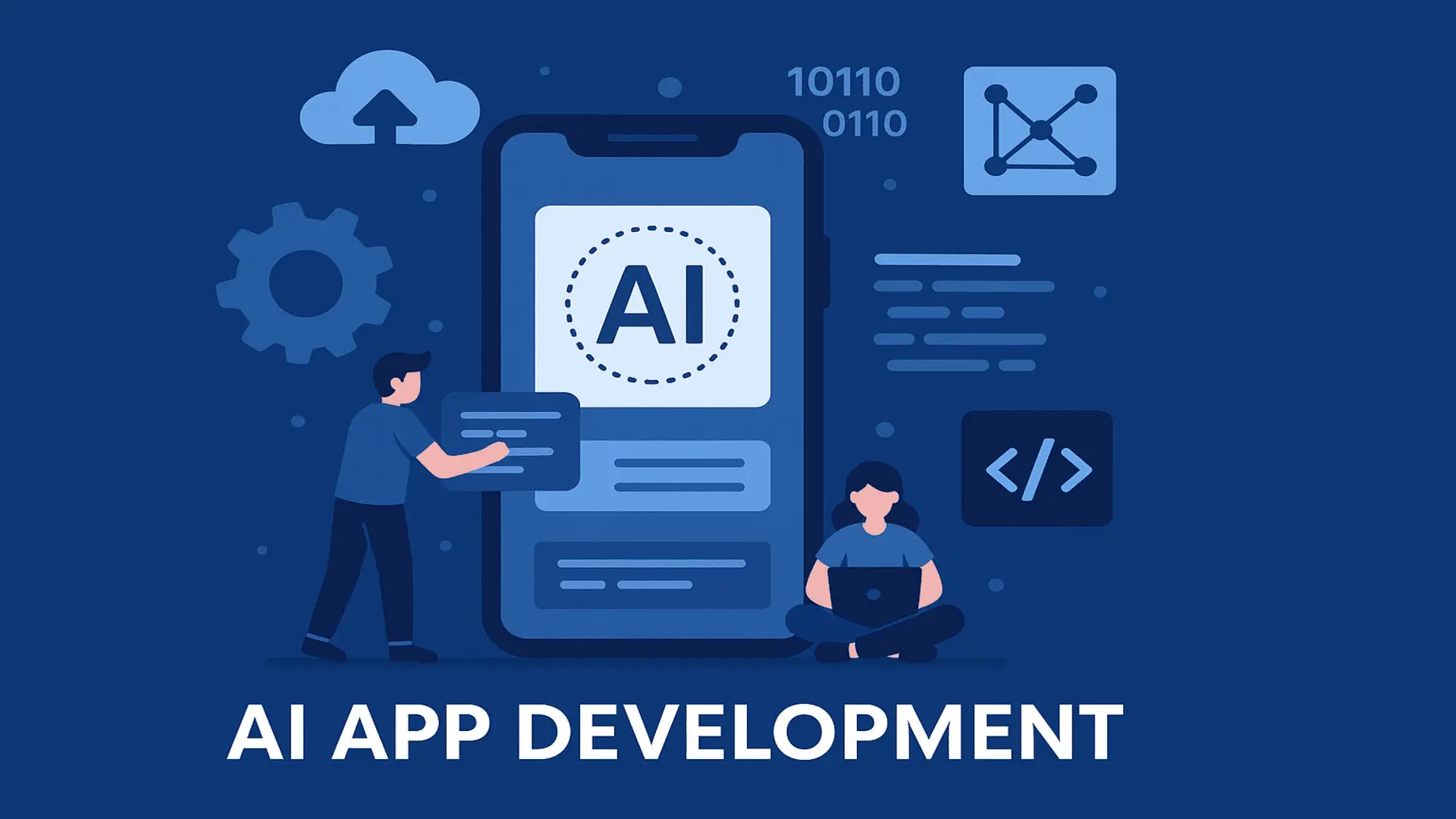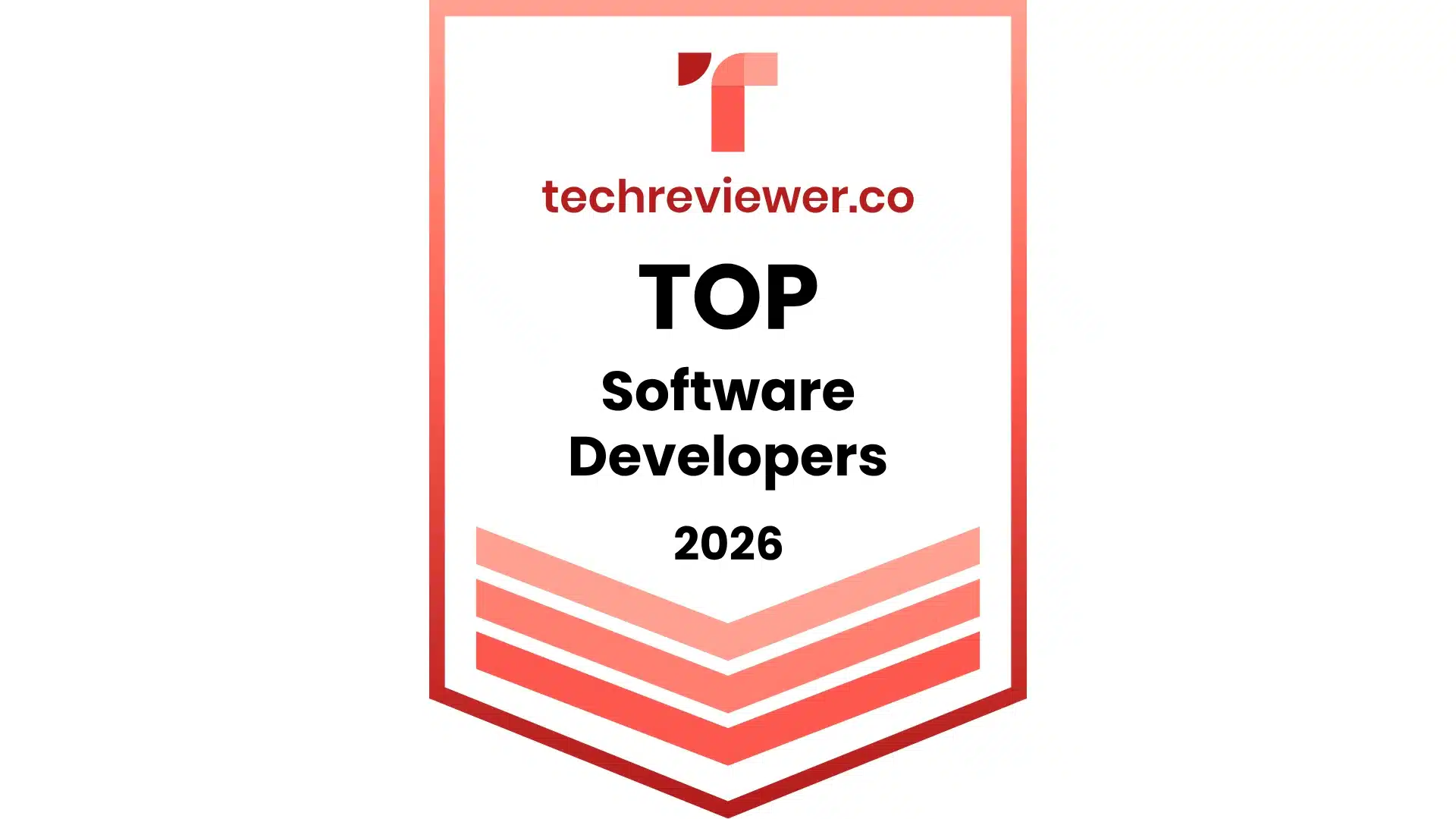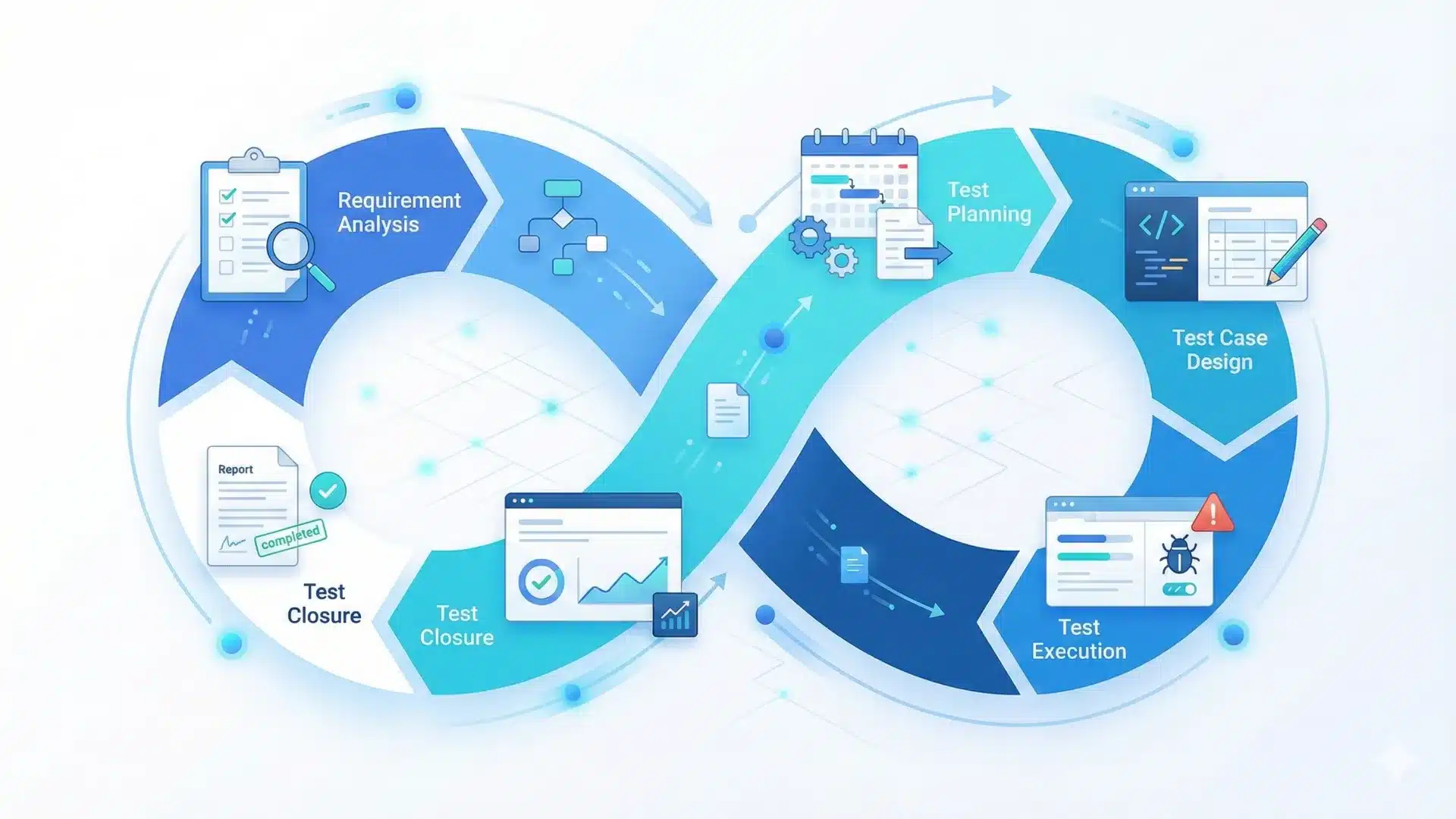Can Small Businesses Benefit from AI Application Development?

Image Credit: ChatGPT
AI application development is no longer a futuristic concept exclusive to Silicon Valley giants. It’s here, and it’s more accessible than ever before. From customer service automation to inventory forecasting, artificial intelligence is reshaping how businesses operate and grow. The big question is: Can small businesses truly benefit from AI application development?
The short answer is yes. AI is no longer just for big tech. With cloud-based solutions, user-friendly platforms, and off-the-shelf tools, small and mid-sized businesses can now harness the power of AI without burning a hole in their budgets.
In this blog, we explore what AI application development really means, debunk common myths, and explain how small businesses across industries are already seeing real results.
What Is AI Application Development?
In simple terms, AI application development is the process of building software tools that can mimic human intelligence. These applications are trained to learn from data, recognize patterns, and make decisions with little to no human intervention.
There are several types of AI applications that are particularly useful in the small business landscape. These include:
- Chatbots for handling customer inquiries 24/7.
- Recommendation engines for upselling and personalized shopping experiences.
- Predictive analytics for demand forecasting, inventory management, or customer behavior analysis.
- Natural language processing (NLP) for scanning reviews or automating content responses.
- Image recognition in retail or product cataloging.
Real-world examples are all around us. Think of a bakery using AI to predict how much bread to bake daily based on past sales and weather data. Or a local salon using AI-driven scheduling to reduce no-shows and manage peak hours better.
Common Myths About AI and Small Businesses
Despite growing awareness, several myths still hold small businesses back from exploring AI business applications. Let’s address a few of the most common ones.
“AI is too expensive.”
Many believe that AI means hiring a team of data scientists or investing in pricey hardware. But thanks to cloud-based AI platforms and subscription models, businesses can get started with very little upfront investment.
Custom AI Software Development Solution For Enterprises
“AI is only for large enterprises.”
This myth stems from the early days of AI, when adoption was limited to tech behemoths. Today, businesses of every size from neighborhood cafes to online boutiques are using AI to enhance their services.
“It’s too technical to implement.”
With the rise of no-code and low-code platforms, even non-technical users can build and deploy basic AI tools. You no longer need to write complex algorithms to enjoy the benefits of AI in business.
Key Benefits of AI for Small Businesses
So, why should you care about artificial intelligence for small businesses? Here’s how it can make a tangible difference:
1. Improved Customer Service
AI chatbots can answer frequently asked questions, help customers place orders, and even handle complaints. This leads to faster response times and happier customers without needing a large support team.
2. Operational Efficiency
AI tools can automate repetitive tasks like scheduling, invoicing, or inventory updates. That means fewer human errors and more time for your team to focus on core business goals.
3. Smarter Decision-Making
AI-powered analytics platforms provide deep insights into customer behavior, sales trends, and marketing performance. These insights help you make better, data-driven decisions.
4. Competitive Edge
By adopting AI early, small businesses can carve out a unique niche. Whether it’s personalized service or optimized logistics, AI helps level the playing field.
Affordable Ways Small Businesses Can Leverage AI
Getting started doesn’t mean building custom AI software from scratch. Here are three easy, affordable paths to explore:
1. Off-the-Shelf AI Tools
Many platforms like ChatGPT, Google Cloud AI, and Microsoft Azure offer ready-made tools that can be integrated into your existing systems. These tools often come with flexible pricing based on usage.
2. No-Code/Low-Code Platforms
Tools like Zapier, Bubble, and Peltarion allow users to create AI workflows without needing to code. They’re perfect for startups and entrepreneurs who want to test an idea quickly.
3. Outsourcing to Experts
Partnering with an experienced software development company like Cloudester Software can help you build custom AI applications suited to your unique business needs. Cloudester specializes in creating scalable, AI-powered solutions for businesses of all sizes.
Real-Life Success Stories
Even small and mid-sized companies are seeing real returns with AI application development for small businesses. Here are a few well-known examples:
Stitch Fix uses AI to personalize clothing recommendations based on customer preferences and purchase history. This approach has helped them grow rapidly while maintaining a highly individualized shopping experience.
Boxed, an online wholesale retailer, uses AI to predict demand and optimize warehouse inventory. This led to better efficiency and less overstock, showing how AI for small businesses can streamline operations.
Sephora integrates AI-powered chatbots to help customers choose products and match shades. This kind of customer service enhancement is scalable, even for smaller beauty or retail brands.
Challenges to Consider
While the benefits are compelling, it’s also important to be aware of potential challenges:
Data Privacy
Handling customer data comes with responsibilities. Make sure your AI applications comply with regulations like GDPR and CCPA.
Integration Issues
Not all systems play nicely together. You may need to tweak your current software stack or work with developers to ensure seamless integration.
Learning Curve
Your team may need time to adapt to new tools. Regular training and onboarding sessions can smooth the transition.
Steps to Get Started with AI Application Development
Ready to explore how small businesses use AI? Start with these simple steps:
1. Identify Pain Points
Look at where you’re losing time or money. Is customer service slow? Are you guessing stock levels?
2. Choose a Use Case
Select one area to focus on maybe marketing automation or employee scheduling—and start small.
3. Decide on Development Path
You can build in-house if you have tech expertise, or outsource to a reliable partner like Cloudester Software, who can guide you through the process.
4. Monitor and Optimize
Track your results. AI is not “set and forget.” Continual learning and tweaking will bring the best outcomes.
Final Verdict
All in all, AI application development isn’t just for big tech anymore. Small businesses can now boost efficiency, enhance customer experience, and make smarter decisions using affordable AI tools. And with expert partners like Cloudester Software, even non-technical teams can get started quickly.









